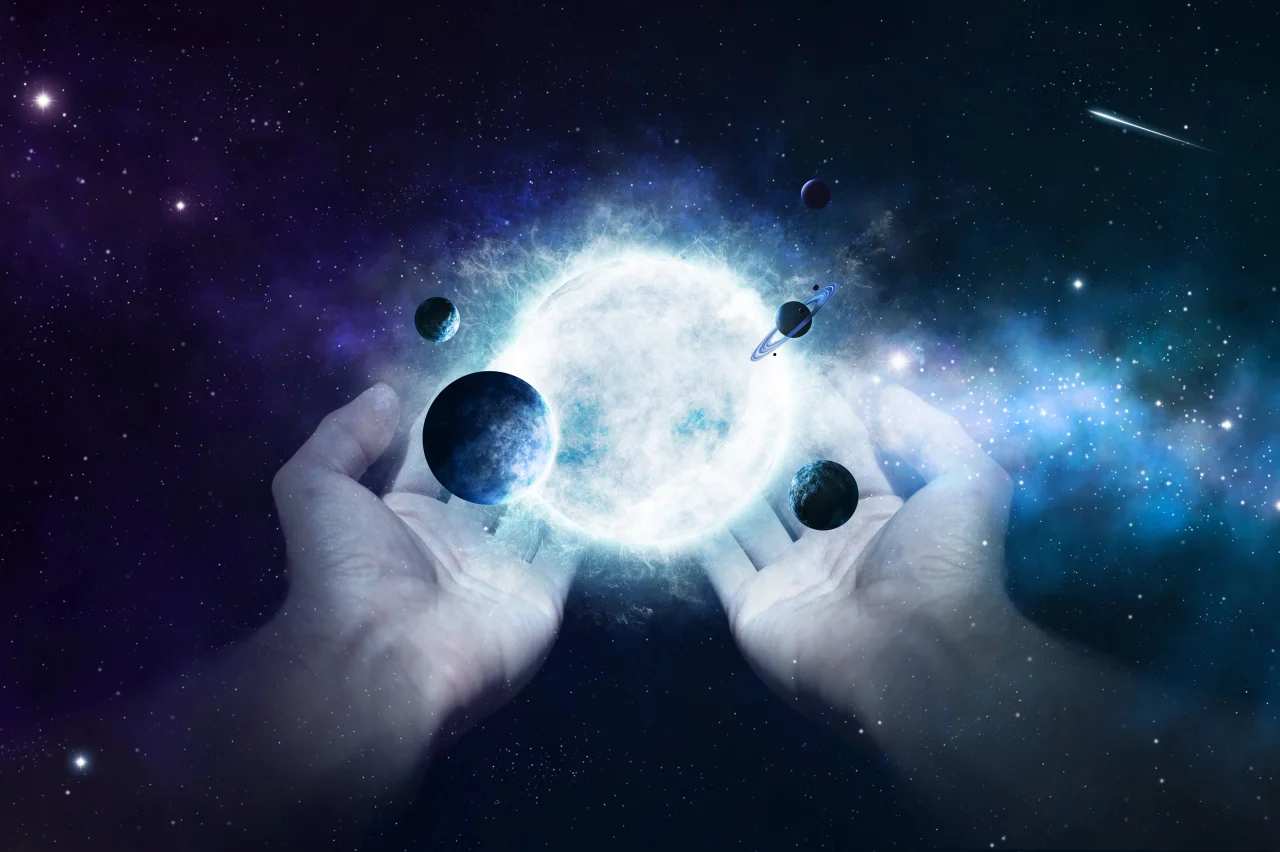By Penny Theodorakopoulou,
Previously, we examined the two versions regarding the creation of the world according to Plato’s Timaeus and Statesman (available here and here). In the last part of the series, since we have thoroughly examined both narratives of the creation of the world, we must state to what extent these narratives are similar and/or different.
Let us start with the similarities between the two dialogues. Both Timaeus and Statesman speak of the existence of a god. This god is immortal and unchanging, has a mind and a soul, and has at his center the universe in general and the world that he acts in particular. In addition, in both dialogues lies the element of youth: in Timaeus‘s world, youth comes from God (that is, he has given it to him), while in Statesman‘s world, youth comes naturally, from the direction of the world from God. Finally, both versions of the world present it as having a smooth circular motion.
Taking the latter as an occasion, let us mention the differences between the two aspects of the creation of the world. The world in Timaeus is presented as having a smooth, rotary motion, which goes in one direction only. In the case of Statesman, however, this movement is indeed smooth and circular, but it is not in one direction; sometimes it turns in the direction we are used to it turning and sometimes in the opposite direction, for the reasons we explained in the previous article. Continuing with the world, in Statesman he is presented with two versions: the one directed by God and the one directed by himself.

In the first case, everything is in perfect harmony, while in the second in perfect chaos. In contrast, there does not seem to be anything specific about what exactly happens in the world in Timaeus, except that the god acts within it and not outside it, as is the case in Statesman. And after we talked about God, we notice that we have certain differences there as well. The God-Creator in Timaeus is good, has feelings and seems to speak, think, etc., cares about his work and wants the best for it; always has a plan, gives form and soul to the world, and uses the four elements of nature to create anything. Finally, as we said, it is not outside him, but acts within him and the world does not affect him.
On the contrary, the Statesman’s God would not be said to create things; all he seems to do is move the world and let it move on its own. We do not see him have feelings or care much about the “fate” of the world. But the biggest discrepancy is found in the inverted circles of Statesman. As we stated above, the world changes depending on whether it is moved by God or by itself. Timaeus is mentioned in some circles, but it is not emphasized and does not affect the world.
In conclusion, both the dialogues of Timaeus and Statesman are remarkable and inform us a lot about the creation of the world, each in its own way. Although they are very different if we analyze them in detail, the interest in the cause of everything, in the world, and how it was created remains common in both dialogues.
References
- Πλάτων, Τίμαιος, εισαγωγή – μετάφραση – σχόλια Βασίλης Κάλφας, εκδόσεις Εστία, Αθήνα, 2016, Πέμπτη έκδοση.
- Πλάτων, Πολιτικός, εισαγωγή – μετάφραση – ερμηνευτικά σχόλια Ι.Σ. Χριστοδούλου, εκδόσεις Ζήτρος, Θεσσαλονίκη, 2003.
- Mohr, R. D. (1978). The Formation of the Cosmos in the “Statesman” Myth. Phoenix, 32(3), 250–252.
- Mohr, R. D. (1981). Disorderly Motion in Plato’s “Statesman.” Phoenix, 35(3), 199–215.




